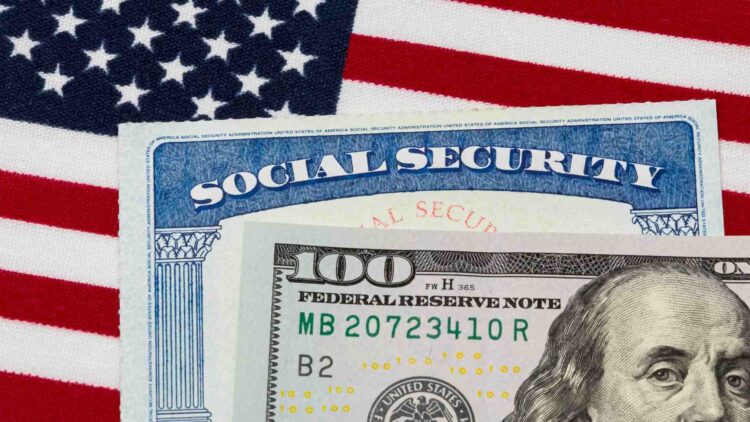Social Security Alert: Get Ready for Your $943 Direct Payment Hitting in Just 15 Days
On November 29, Social Security’s Supplemental Security Income (SSI) program will issue its December payment, arriving early due to December 1 falling on a Sunday. Beneficiaries can receive up to $943, depending on their circumstances. This early disbursement reflects the Social Security Administration’s (SSA) commitment to timely payments for individuals relying on this vital support.

More Details on the Security’s Supplemental Security Income (SSI) Program
SSI provides financial assistance to individuals with severe physical or mental impairments that limit their ability to earn an income. By offering these payments, the program ensures that vulnerable populations have access to basic resources, creating a safety net for those in need.
Eligibility for SSI is determined by stringent medical and financial criteria. Applicants must be at least partially blind, have a disabling condition expected to last at least a year, or face a life-threatening illness. Financially, the program targets individuals and families with minimal income and resources. Payments vary, with individuals receiving up to $943, couples up to $1,415, and “essential persons,” such as caregivers, eligible for an additional $472.
Adjustments for Inflation and Program Distinctions
A key feature of SSI is its annual cost-of-living adjustment (COLA), which ensures payments keep pace with inflation. This year, a 3.2% COLA increase was implemented, helping beneficiaries maintain their purchasing power amid rising costs. This adjustment safeguards the program’s effectiveness in meeting the needs of recipients.
It’s important to distinguish SSI from other Social Security benefits, such as retirement or disability payments. Unlike these programs, SSI is need-based, focusing solely on individuals with limited income and resources, regardless of their work history. Regular Social Security benefits are tied to contributions made through payroll taxes, while SSI is designed to assist those who lack sufficient earnings or resources.
This separation ensures that each program addresses different needs. For example, a person receiving retirement benefits may not qualify for SSI if their income exceeds the program’s limits. Similarly, SSI beneficiaries may not automatically qualify for other Social Security programs unless they meet specific requirements.
Timing Adjustments for Payment Dates
The SSA’s proactive approach ensures that beneficiaries receive their payments on time, even when regular payment dates fall on weekends or holidays. When such scheduling conflicts arise, disbursements are adjusted to the prior business day.

The November 29 payment underscores this commitment, preventing any delays for SSI recipients who rely on these funds to cover essential expenses. For many, these payments are a lifeline, ensuring access to necessities like food, housing, and healthcare.


Comments are closed, but trackbacks and pingbacks are open.